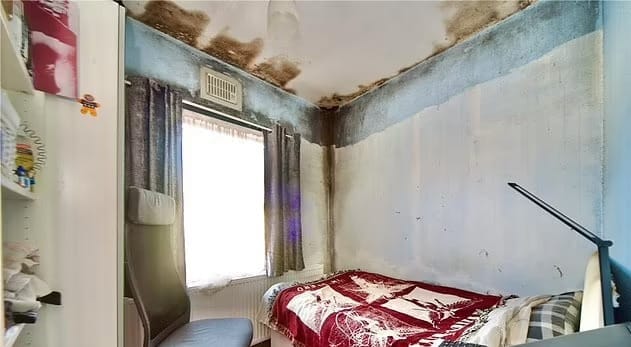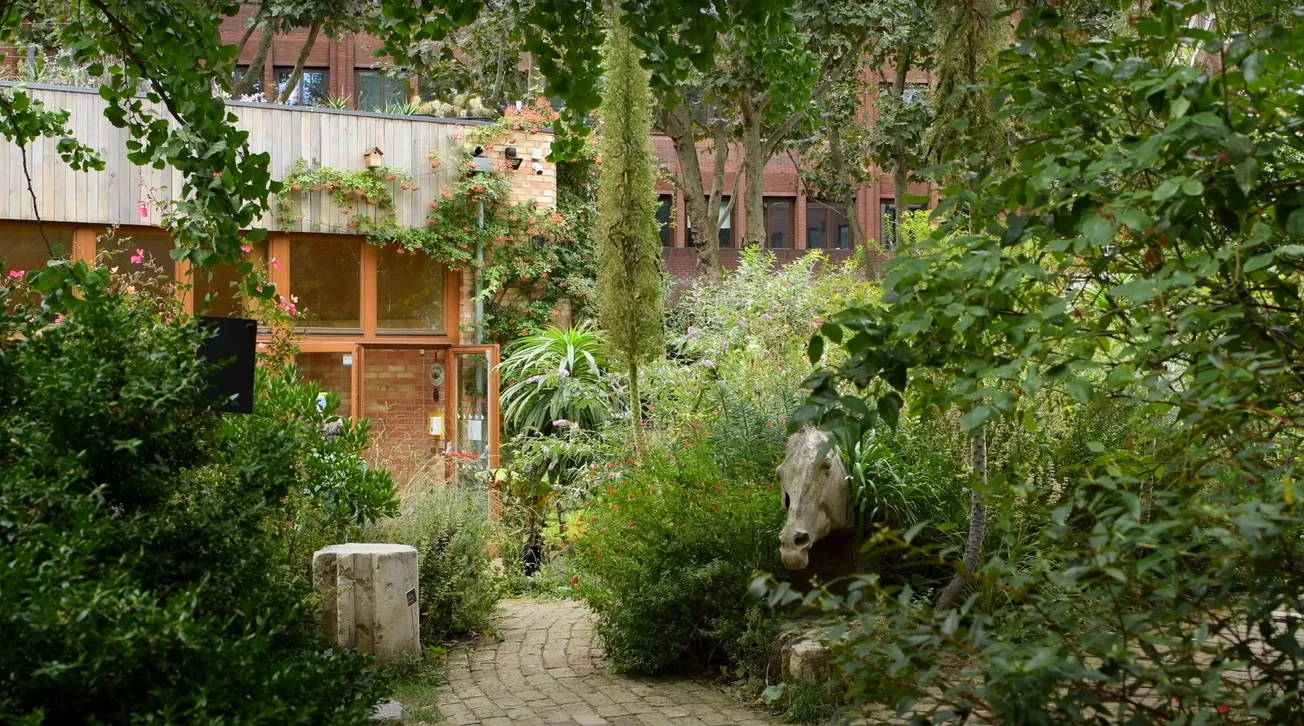Read this story in full (and the rest of our pieces) by subscribing to The Londoner with our summer discount. At £4.95 a month for your first three months, it's nearly 50% off. Act fast though, it can't stay forever.
One of the most depressing things about living in the capital is dealing with its rental market. Spend any time scrolling through the listings on Rightmove or Zoopla, and you’ll see thousands of properties unfit to live in: tiny, cramped flats with rotting joinery and black mould creeping up the walls. But people do live in these places — in a city with a housing crisis as acute as London’s, there isn’t any alternative.
It’s a growing problem. As of 2021, the number of renting households in the city had climbed to 30% as of 2021 (up by a quarter since % in 2011), with 11.1% living in “unsuitable accommodation” (defined as having fewer bedrooms than occupants require). Compared to most other major European cities, England has a lack of protections for renters, but landlords in the capital nevertheless have a legal responsibility to ensure the home is fit for human habitation — meaning it’s “safe, healthy and free from things that could cause serious harm”.
But crucially, a landlord’s failure to make sure their accommodation is liveable only becomes an offence when they refuse to comply with enforcement measures set by the council. To get to this point, tenants first have to make a complaint, and then — if severe enough — the council has to send round a housing-focused environmental health officer (EHO). These are degree-educated, regulated professionals who inspect a property to look for potential hazards and ensure any improvements are made. So far, so straight-forward.
But why, then, are there still thousands of London families still living in squalid conditions? This question is urgent: medical professionals report serious health impacts for Londoners, especially children, resulting from poor housing conditions. And in August, an inquest will determine if poor conditions in a social housing flat contributed to the death of a 15-week-old baby. So what is driving this failure to keep homes in a liveable condition?


Comments
How to comment:
If you are already a member,
click here to sign in
and leave a comment.
If you aren't a member,
sign up here
to be able to leave a comment.
To add your photo, click here to create a profile on Gravatar.






